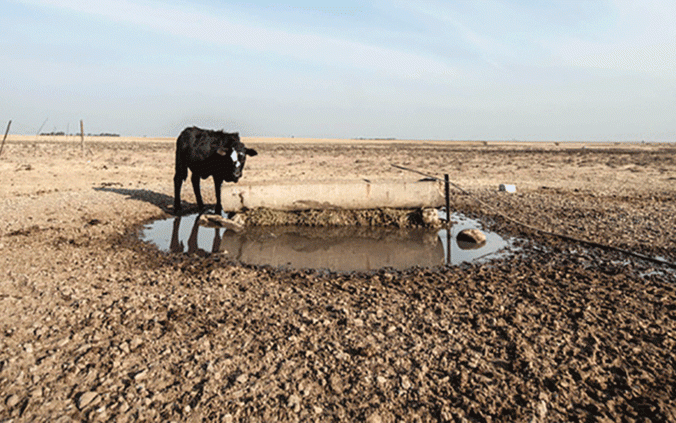
By Tapiwa Gomo
Since the rise of industrialisation and the ensuant urbanisation, governments and municipalities have grappled with the pressure of meeting demands of population growth in towns and cities. Rural flight or rural to urban migration is the movement of people from rural to urban areas in search of economic opportunities, better access to services and improved living standards.
For new countries such as Zimbabwe, it has always been the dream of most rural children to acquire education and relocate to towns in search jobs or economic opportunities with the hope that they would enjoy a better life. In the early 1980s, when the country had just become independent, this dream was much easier to achieve. This is because the economy was thriving thereby providing better access to employment opportunities which improved their access to services.
The past four decades have seen massive ballooning of the population in towns and cities amid constrained growth in services and an increasingly declining economy. This is one of the reasons towns and cities have become overpopulated and now centres of destitution and abject poverty instead of centres of dreams. Other than promising jobs and better lives during campaigns, politicians and local authorities’ leaders have not been able to address this issue simply because the answer lies in the economy — businesspeople and investors, and not politicians.
In countries where economies are functioning, they have begun to see a reversal of the rural-urban migration with more people moving out of towns and cities to rural areas. While this trend can be traced to the early 1980s in some developed nations, the COVID-19 pandemic has aided its escalation with people fleeing overcrowding to rural areas and where disease control is easier.
In the United States of America, rural and remote towns grew faster than big cities in the mid-1980s. Two schools of thought attempt to explain this phenomenon. One argued that this was a continuation of growth of big cities into the peripheries of urban areas, while the other contended that people were moving away from challenges of big cities. Big cities and towns are no longer able to provide the promised life-style other than milking people of their incomes through rates and taxes.
According to a 2018 paper by Rute Martins, a scholar at the University of Lisbon, some places in Portugal are also experiencing urban to rural migration; mainly of skilled workers who are bringing new types of social interaction and organisation, new forms of socio-ecological systems relationships, and new opportunities to create value thanks to the inflow of new ideas, knowledge and skills. In addition, rural areas are seen as opportunities to create affordable access to services such as accommodation, water and energy as well as a relaxed and flexible working environment.
Back to Zimbabwe, a critical assessment needs to be done to understand why the urban to rural migration is both necessary and impending which, therefore, calls for authorities to prepare for it. Rural to urban migration is motivated by the search for jobs or employment opportunities, access to services and a better life. The past three decades have demonstrated that towns and cities are struggling to meet these and as a result people are drilling their own boreholes, installing solar systems and establishing their own waste management systems while paying rates to municipalities. The motivation to move to towns is gradually dying.
- Chamisa under fire over US$120K donation
- Mavhunga puts DeMbare into Chibuku quarterfinals
- Pension funds bet on Cabora Bassa oilfields
- Councils defy govt fire tender directive
Keep Reading
Advances in technology and the COVID-19 pandemic are proving that not all jobs need to be in situ some can be performed remotely. This is raising the question as to why one must endure traffic congestion everyday, poor service delivery and high costs of services that are not effectively provided, if they can retract and tuck themselves in the rural areas where they can increase their productive capacities by continuing their current employment while pursuing other projects such as farming.
For instance, in the Portugal example, skilled workers are installing good internet connection, solar systems, building road networks and establishing their own access to clean water and waste management system. They are finding it affordable to put in place services that local authorities and municipalities are failing to delivery.
With these in place, some are promoting new products such as tourism, innovative farming methods, manufacturing of products, cultural events, transport and logistics and marketing locally produced products to external markets. These and others are giving rise to new essential services such as schools, health-care centres, police and local associations. This is in addition to strengthening synergies with their urban counterparts creating a new economy and lifestyle.
This may seem foreign to us but you may recall that in the mid-1980s, white commercial farmers did the same. They retracted to their farms, established services and community management systems there such that they did not need much from towns and cities. Some farms had established one-stop centres with essential services such as banking, clinics, schools and others. Among the best schools today are found in farms. This is possible and necessary.











